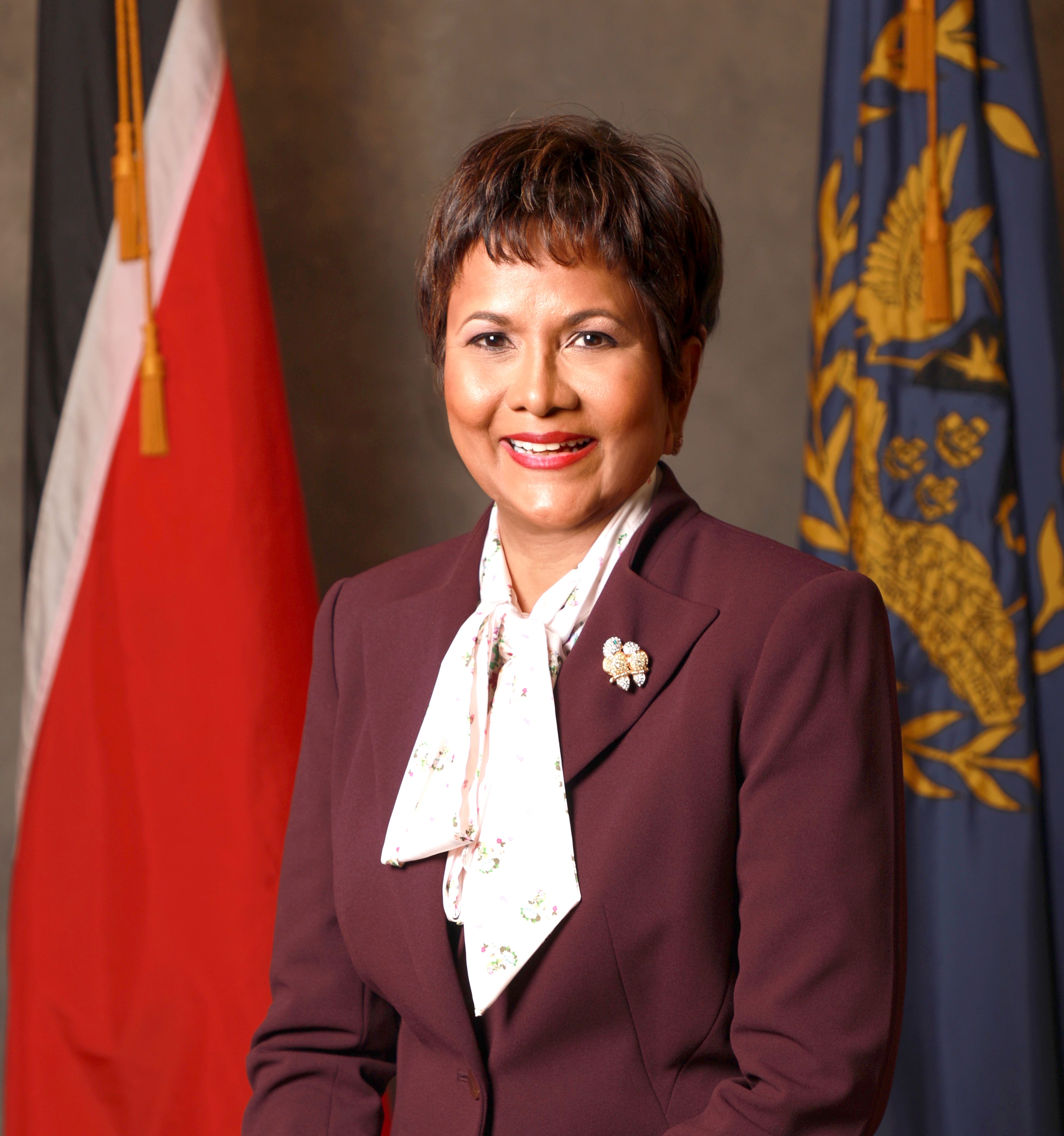Labour Day was declared a national holiday in Trinidad and Tobago 50 years ago, in 1973. Celebrated on June 19th, it is the anniversary of the day of the Butler Oilfield Riots which took place in 1937. Those events brought about a significant shift in attitudes by, and to, the labour force in the country. They upended the social order at the time and brought the plight of the working class to the forefront of our national consciousness. So significant was that shift that Mr. Butler was later awarded the nation’s highest honour, the Trinity Cross (as it was called at the time), and even had one of the country’s main highways re-named after him.
50 years later, the labour movement continues to advocate for dignity, equality, fairer wages, better working conditions, and job security for workers. Thanks to Mr. Butler and his comrades, including giants like Adrian Cola Rienzi and Albert Maria Gomes, the labour movement today does so in a more enlightened environment, in which the importance of the efforts of the ordinary man and woman are better appreciated and are better valued. A lot of progress has certainly been made in this area over the last 50 years, although it cannot be denied that we still have a considerable distance to travel fully to achieve the vision of the labour movement’s forefathers. Like their counterparts in the rest of world, the labour movement in our country will have to do so in a rapidly and constantly changing environment, impacted in ways the movement’s forefathers could not possibly have foreseen, especially in the area of technological advancements. With the advent of work-from-home and hybrid-work arrangements; virtual meetings (whose presence, hastened by the recent Covid-19 Pandemic is now ubiquitous); and Artificial Intelligence, the labour movement will need to adapt quickly to a changed landscape in order to continue its advocacy and ensure its effectiveness.
Of course, progress in this regard is not the responsibility solely of the labour movement. It is a ‘whole-of-country’ responsibility, that calls for a social compact among all of the relevant parties—the State, the private sector, the workforce and the trade unions who represent them. It is not a “me” endeavour. It is an “us” endeavour.
Let us therefore use the occasion of Labour Day this year to not only celebrate the legacy of those at the vanguard of the labour movement, but also recommit to attaining their vision. Let all parties to the critical social compact of ‘labour equity’ strive in the coming year to meet in the middle, based on a foundation of respect, understanding and appreciation of the need for a work environment that is safe, modern and conducive to productivity and innovation. And, in all that we do, let us put in the work, today, to ensure that we keep pace with and are responsive to the demands and changing realities of the global economy, and therefore are making ourselves ready for tomorrow. Let us put country first, above all else, as we pull together to ensure the stability and progress of our nation.
I wish the entire national community a safe, blessed and productive Labour Day.







